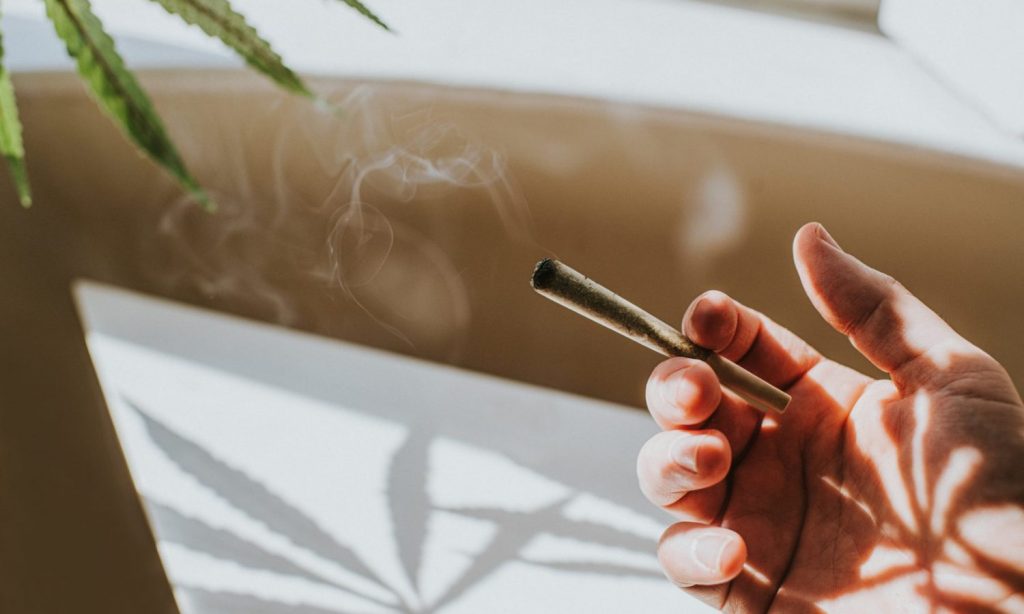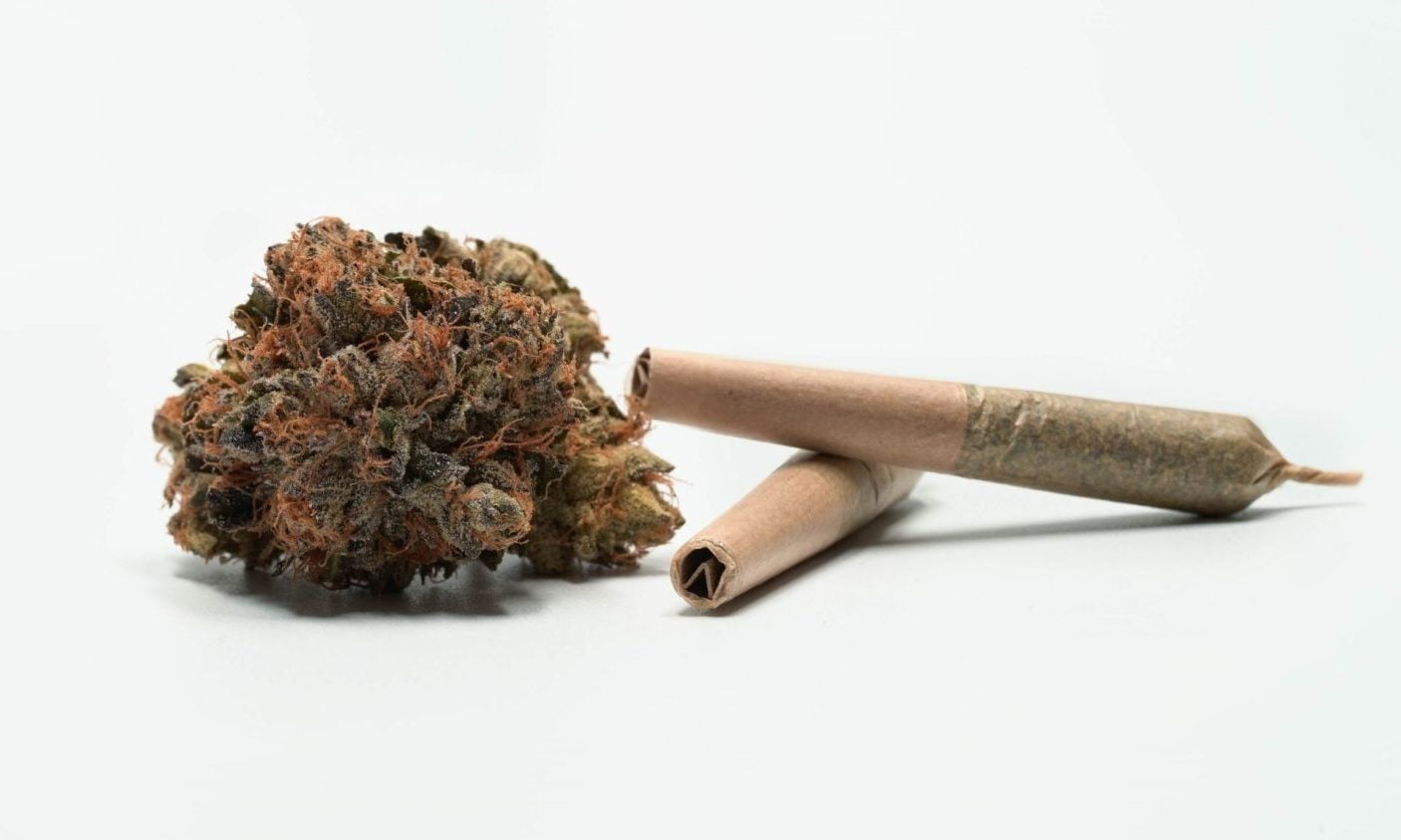Testing revealed that more than 75% of delta-8 THC products had inaccurate labels and that 77% contained less delta-8 than labeled.
By Nina Zdinjak
Delta 8 THC is in the spotlight again — this time because of growing accusations that it is being mislabeled by the companies that sell it.
Though product mislabeling is nothing new and happens across probably nearly all industries either by accident or accidentally on purpose, the cannabis and hemp industries have been scrutinized so closely that one might unfairly regard them as recidivist offenders. Though CBD products have had the most labeling malfunctions, it seems they’re losing their spot on the throne to delta-8.

CBD Oracle, which reviews hemp-derived products such as CBD and delta-8, recently sent 51 different delta-8 products to FESA Labs, a licensed testing center in Santa Ana, California to check if potency and other metrics on the label matched what’s actually contained in the products, reported Forbes.
But First, A Review: What Is Delta 8 THC?
Delta-8 is a chemical component in the cannabis plant and though it occurs naturally in small concentrations, it can produce a mild psychoactive effect in some people.
The new industrial methodologies allow for delta-8 THC to be converted from CBD derived from hemp, which is also where a few problems may lie but that’s another story.
FESA Labs Results – 75% Mislabeled
Testing revealed that more than 75% of delta-8 THC products had inaccurate labels and that 77% contained less delta-8 than labeled. For example, Bionid’s Blue Dream concentrate had only a third of the advertised amount of delta-8 THC.
What’s more, 76% had more than 0.3% delta-9 THC, making them federally illegal for sales at gas stations and smoke shops.
RELATED: Report: CBD Content On Labels Differs From Levels Found In Actual Products
“The problem for many of the delta-8 companies based on our testing is that the customers probably shouldn’t trust what’s on the labels,” stated Jayneil Kamdar, a FESA Labs chemist who ran the tests.
CBD Oracle claims that delta-8 THC product manufacturers often inaccurately label their vape cartridges and other products.
Faking Lab Results Could Make Delta 8 Federally Illegal
Are companies just making up the numbers they put on the labels? It is possible, as the investigation shows. In any case, this could end badly for both consumers and companies responsible for mislabeling, not to mention providing federal regulators with more reasons to make delta 8 illegal.
Some states, like Texas, have already done so in a way and New York will discuss banning delta 8 at its upcoming Cannabis Control Board meeting.
RELATED: FDA Warns Consumers Of Risks Associated With Delta-8 THC Products
The mislabeling trend doesn’t end with CBD, as cannabis tech company GemmaCert revealed in March: some 45% of cannabis products worldwide are mislabelled with higher than actual THC levels.
Caveat emptor.
This article originally appeared on Benzinga and has been reposted with permission.


